Authenticating Buddhism in the Public Sphere: Moral Dialogues in Ladakh
DOI:
https://doi.org/10.5281/zenodo.4031013Keywords:
Modernity, Reform Buddhism, Secularity, Authenticity, MoralityAbstract
Following the partition between India and Pakistan in 1947, the residents of Leh, Ladakh became citizens of the Indian nation-state and residents of Jammu and Kashmir. Partition introduced Buddhists in the region to what Dipesh Chakrabarty refers to a political modernity: “rule by modern institutions of the state, bureaucracy, and capitalist enterprise…”(Chakrabarty 2000, 4). In response to the new prospects, promises, and possibilities of Ladakh’s political modernity, political leaders and religious reform group have attempted to mobilized local Buddhists around a common core sense of Ladakhi Buddhist identity. These dynamic have engendered a variety of debates and dialogues in the public sphere over what it means to be a good Buddhist and what local practices and traditions constitute bad Buddhism.
Downloads
Published
Issue
Section
License
Copyright (c) 2020 Rohit Singh

This work is licensed under a Creative Commons Attribution-NonCommercial-NoDerivatives 4.0 International License.





